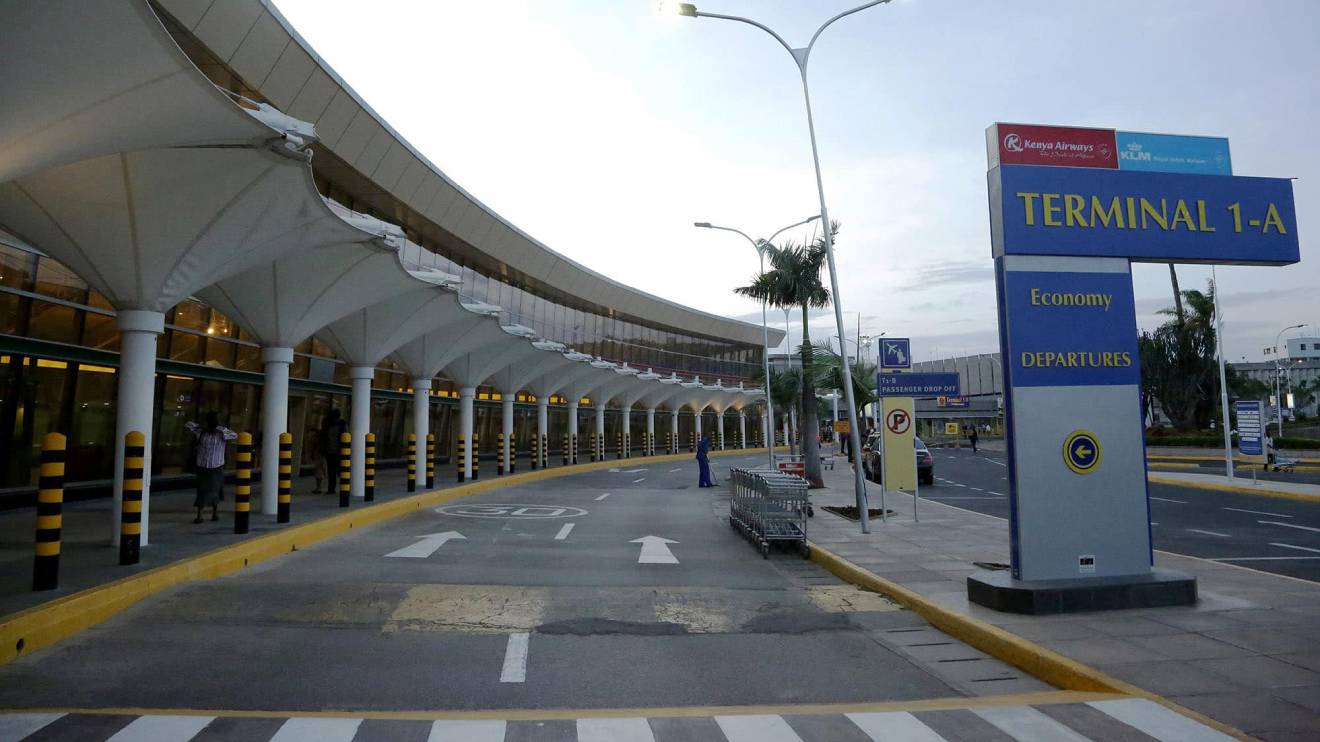The proposed takeover of Jomo Kenyatta International Airport (JKIA) by Indian conglomerate Adani Limited has ignited a heated debate in Kenya, with lawmakers raising concerns about transparency and potential corruption.
Negotiations for the Sh1.1 trillion deal are in the advanced stages, with a "Head of Terms" agreement already in place.
However, Transport and Roads Cabinet Secretary Davis Chirchir has emphasized that this agreement is not legally binding and that a comprehensive due diligence process is still underway.
The government's decision to partner with Adani has faced criticism from some lawmakers, who argue that the company has a history of questionable business practices.
Senator Ledama Ole Kina expressed concerns about Adani's involvement in alleged corruption scandals in other countries, questioning why the government would entrust such a sensitive asset to a firm with a tainted reputation.
Read More
Chirchir, however, defended the government's choice, citing Adani's experience in managing large airports, including Mumbai's Chhatrapati Shivaji Maharaj International Airport, one of the busiest airports in the world.
He also highlighted the urgent need to upgrade JKIA, which has struggled to meet the growing demand for air travel.
The negotiations have been shrouded in secrecy, with lawmakers accusing the government of favouring Adani in securing the 30-year lease for JKIA.
Senator Ole Kina raised suspicions about the transparency of the process, pointing out that Adani's proposal appeared to contain detailed information about JKIA's challenges, suggesting that the company may have had access to insider knowledge.
Chirchir denied these allegations, stating that the government had shared information with potential investors to attract interest in the project.
However, the lawmakers remain unconvinced, arguing that the level of detail in Adani's proposal is indicative of a potential conflict of interest.
As the negotiations continue, the future of JKIA hangs in the balance. The outcome of this deal will have far-reaching implications for Kenya's aviation industry and could set a precedent for future public-private partnerships in the country.
"We have not reached the contracting stage of this transaction. The Head of Terms agreement merely outlines the key points of negotiation and is pending stakeholder engagement and due diligence, which will inform the drafting of the concession agreement," Chirchir told the senators.
"There are indications that Adani has been involved in questionable activities elsewhere. If you search online, you’ll see it’s a multinational corporation with a tainted reputation," Senator Ole Kina remarked, in reference to reports of a delegation sent to India to assess Adani’s financial and technical capacity.
"Why Adani? They operate one of the world’s largest airports in Mumbai, which handles 60 million passengers annually. It is considered among the most efficient airports globally. Of course, we will thoroughly assess both the positives and negatives in our due diligence process," he said.
"The information submitted by Adani is troubling—it includes satellite images and detailed analysis of our airport. If this isn’t an insider deal, how else would Adani have acquired such information?" Senator Ole Kina questioned.
"We provide information to potential investors to generate interest. It’s essential to give accurate details," Chirchir noted.
"The Head of Terms was not prepared by Adani Limited alone. ALG, a well-regarded Spanish firm with expertise in airport management, played a key role. The document was thoroughly negotiated," he said.
The Indian firm financial proposal shows that Sh230 billion will be spent on the development of a new terminal building, associated apron and taxiway system and two rapid exit taxiways.
The Indian company is proposing a city-side development consisting of hospitality, business centres and other amenities accessible to travellers and city residents.
Last week, Adani Enterprises has set up a Kenyan subsidiary as it steps up its push to take over the running of Jomo Kenyatta International Airport, amid continued opposition among transport workers to the takeover by the Indian conglomerate.










-1757663582.jpeg)
